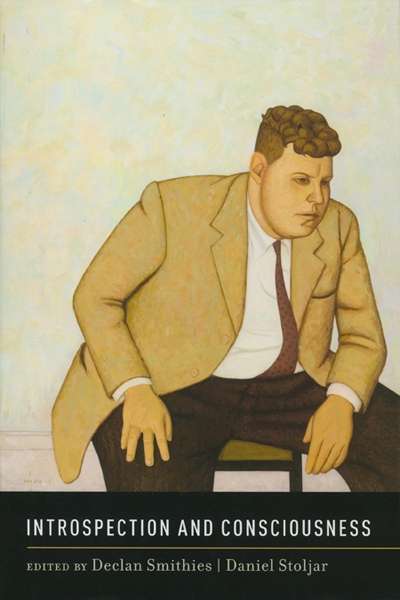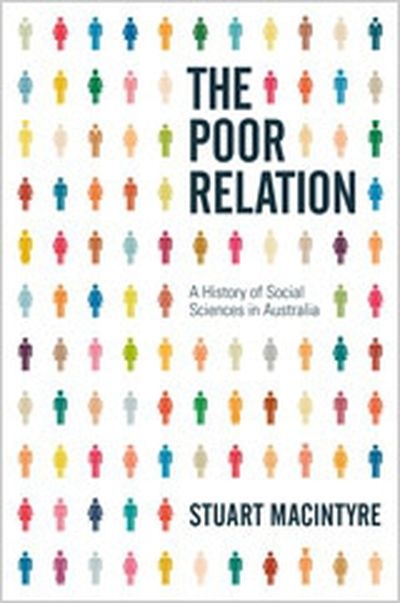Philosophers fear many things, as do economists, lawyers, politicians, and electricians. But there is one thing philosophers fear which is special to their profession. It is the question, asked as it might be at a dinner party or in a taxi on the way to the airport, ‘What is it that you do, exactly?’ with perhaps a somewhat intimidating emphasis on the word ‘exactly’. Often – too often – we philosophers take the easy way out. We reply that questions like: Does God exist? Is there an objective basis to morality? Is a commitment to equality simply a commitment to equality of opportunity? What makes a society a just one? are, we can all agree, important questions, and that they are the kinds of questions philosophers concern themselves with.
...
(read more)



